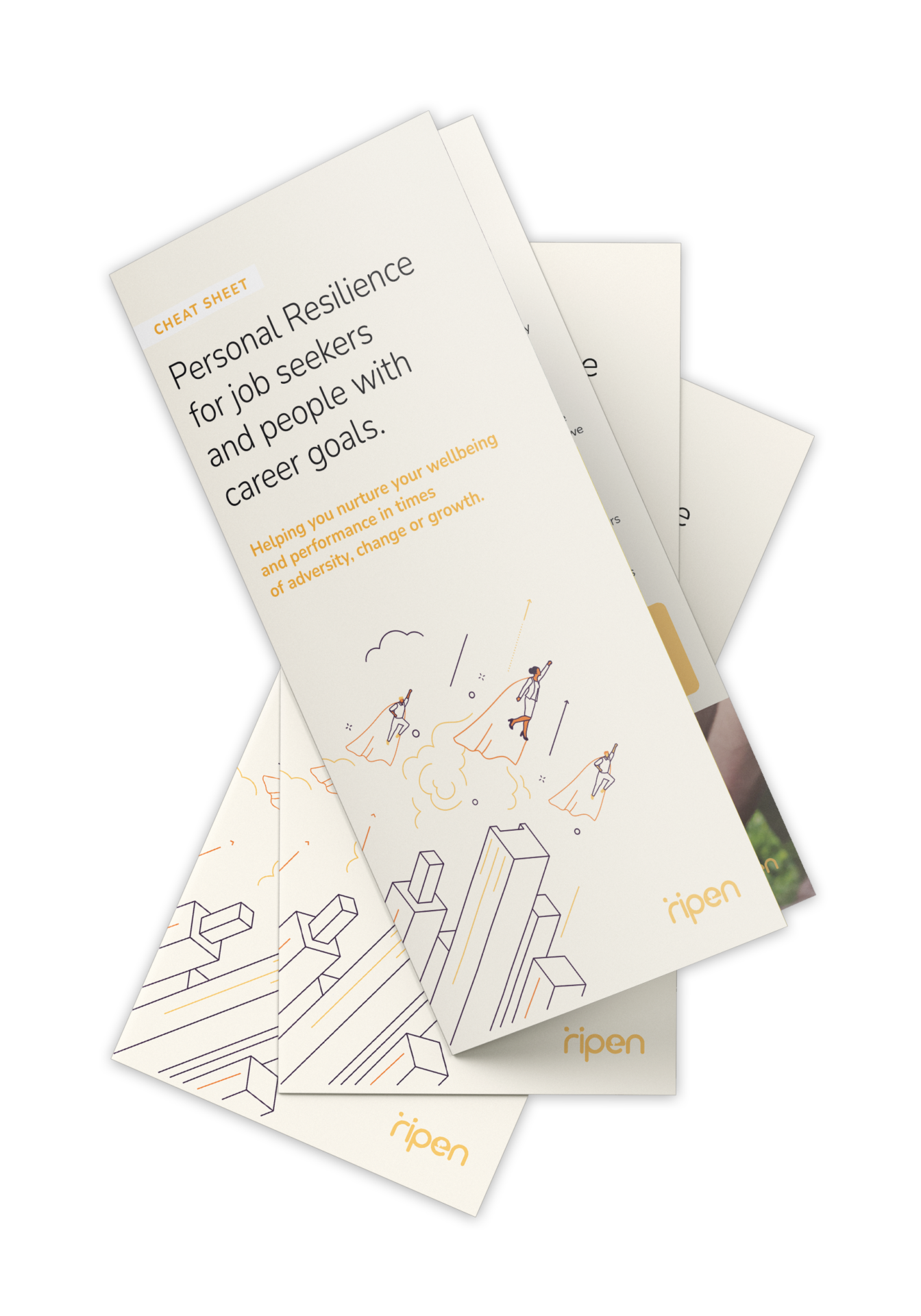Mental clutter is anything that keeps you from thinking straight. Similar to the difficulties we face when trying to find our way through a cupboard, room or garage that’s full of stuff, mental clutter is the accumulation of worries and unfinished tasks that make it difficult to focus and think clearly. Having a cluttered home often leads to the feeling of having a cluttered mind, but the powerful effect that possession has on your psychology can make it hard to declutter your home.
Say for instance you’ve decided to clean out your spare room or garage. You go through things one by one and try to make a decision what to do with each item, asking yourself “should I let this item go from my life?”. At this point the endowment effect kicks in and you make up all kinds of reasons why you should keep it, based on a mistaken estimate of how valuable it is. After hours of moving stuff around you have kept everything, including the box of staples (because they are useful), the 5 year old birthday card (because it has a thoughtful message), and the random computer cable (because it looks expensive).
Alternatively, now you know about the endowment effect, you can ask yourself a simple question; “If I didn’t have this item, how much effort would I put in to obtain it?” If the answer is not a lot, then overcome the endowment effect and give the item away, or give it a reasonable price tag to sell it. This works on decluttering emails you receive as well. If someone sends you a link or attachment to something you ‘must see’, ask yourself “If I hadn’t just been sent this, how hard would I try to find out this information for myself?”. Then delete the email, because you didn’t want that information before the email was received, so it’s unlikely you really want or value it now.

